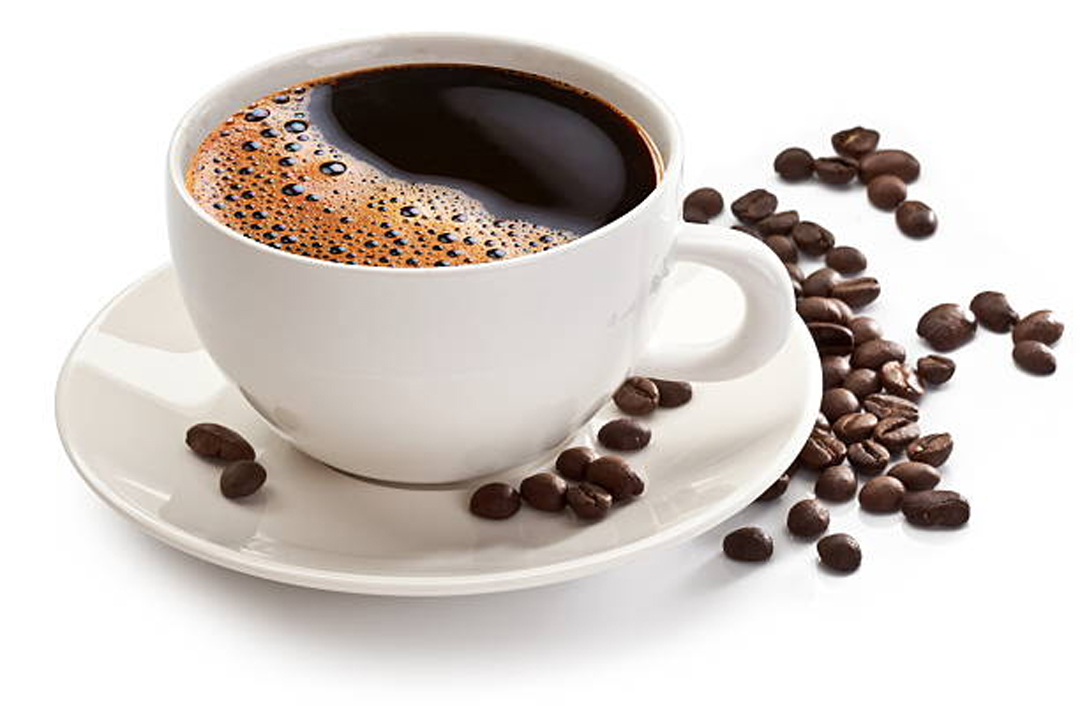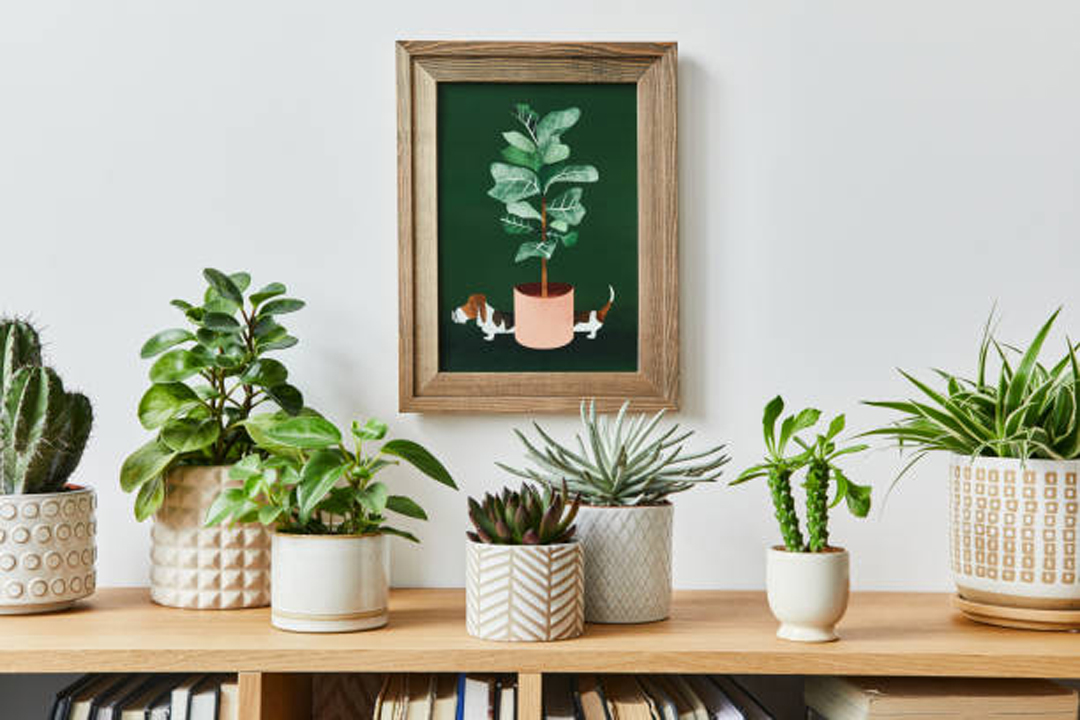Sweating is essential for keeping the skin healthy as it removes hazardous chemicals from the body. Exposure to the sun is important for making vitamin D, but it’s necessary to take precautions such as using a sunscreen with at least 15 SPF and reapplying it every two hours. Climbers should take extra precautions to protect their skin from UV radiation. Drinking a cup of coffee every day may reduce the risk of developing basal cell carcinoma, a prevalent type of skin cancer, by 20%.
Hormone replacement therapy (HRT) can help the skin stay thicker and more flexible for longer, but it’s important to consult with a doctor before considering HRT. When it comes to anti-aging creams, price doesn’t always indicate effectiveness. Sunscreen is the best way to protect the skin from aging, as it protects against both UVA and UVB rays and limits damage to collagen and elastin. Using a broad-spectrum sunscreen with at least SPF 30 every day is crucial for keeping the skin young and healthy.
Get sweaty
Sweating gets a bad rap, yet it’s important for keeping your skin healthy. Your body sweats off hazardous chemicals that it makes on its own. If these chemicals don’t get rid of properly, they can build up and create skin problems. So, the next time a hot day makes you want to skip exercise, remember that sweating is your body’s natural way of getting rid of toxins. Make sure to build up a sweat by running, cycling, or even doing some hard yard work. And if you want to get the benefits of sweating in a more pleasant way, you may try a sauna or steam treatment. It will be good for your skin.
Prevent sunburn, not sun
Even though many of us are hesitant to let the sun touch our skin, it is very important for our health. When it’s sunny, doctors now say that we should expose as much of our bodies as possible to the sun without sunscreen for about 10 minutes each day. (less if you have fair skin, and more if your skin is darker). This short exposure can make your body make more vitamin D, which is important for guarding against some types of cancer and making bones stronger. So, don’t be scared to lay out in the sun, but do it safely and in moderation. But if you’re out in the sun for longer periods, take the following precautions:
- Use a sunscreen with at least 15 SPF (sun protection factor).
- Choose a sunscreen with a wide range of protection from both UVA and UVB radiation.
- To cover your whole body, use at least two tablespoons of sunscreen.
- Even though the sunscreen says it is waterproof, you should reapply it every two hours or just after swimming or sweating.
By doing these easy precautions, you can protect your skin from UV damage and lower your risk of getting skin cancer. Be careful in the sun!
Apply liberally if you’re a climber
No matter what time of year or whether it is, climbers should always take extra steps to protect their skin from the sun. UV light, which can cause skin cancer, gets stronger by 4% for every 1,000 feet (300 meters) above sea level. This is because the air is thinner at higher elevations. Climbers are more likely to become sunburned and should put on sunscreen more often than they would at lower altitudes. Bring extra sunscreen with you on your climb, and reapply it often to protect your skin. Don’t let the sun ruin your climb. Instead, take efforts to protect your skin and enjoy the experience.
Have a cup of coffee every day

Recent research have indicated that drinking coffee may have unexpected benefits, such as guarding against basal cell carcinoma, a prevalent type of skin cancer. (BCC). About 30% of Caucasians will get this kind of skin tumor at some time in their lives. The face is the most typical place where it happens. Research done in the US has shown that drinking just one cup of coffee a day can cut the chance of getting BCC by 20%. So, if you like coffee, you may now have your daily cup while possibly lowering your risk of getting skin cancer. But it’s important to remember that there are other things you can do to preserve your skin, including using sunscreen and staying out of the sun too much.
Consider the skin benefits of HRT
Hormone replacement treatment (HRT) is typically used to ease the symptoms of menopause. It also helps the skin stay thicker and more flexible for longer, which is a bonus. This is because the estrogen in HRT stops the oil-making glands from slowing down, which usually happens after menopause. If you are already getting HRT, you might want to think about making it last longer to help your skin even more. Recent studies have revealed that estrogen also lowers the risk of breast cancer. The current guidelines in the UK say that HRT should be taken in the smallest amount feasible for the shortest amount of time possible. Many gynecologists now think that hormone replacement therapy (HRT) can be used for longer periods of time. If you’re interested in this option, go to your doctor to find out if HRT for a longer time would be right for you. It’s crucial to realize, though, that HRT isn’t just given to make women look better.
Save money on skincare products
When it comes to over-the-counter anti-aging creams, it’s important not to spend too much. Some wrinkle creams may work because they increase the production of fibrillin-1, a protein that makes the skin more elastic. However, the difference between the most expensive and least expensive goods may not be very big. For example, in a small study done in the UK by Manchester University, 70% of the people who used one anti-aging cream had a lot fewer wrinkles than those who used a fake. But when a group of people from a UK consumer group tried 12 anti-wrinkle eye creams, they found that there wasn’t much difference in price between the cheapest and most expensive ones. So, if you want an anti-aging cream, don’t think that a higher price means it will work better. Do your study, read reviews, and choose a product that works for you and won’t break the bank.
Use sunscreen rather than facial cream
The best way to keep from getting lines and other signs of aging is to use a good sunscreen. Dermatologists agree that current sunscreens are the best way to stop skin from getting older because they protect against both UVA and UVB rays and limit deep damage to collagen and elastin. By using sunscreen regularly, you can protect your skin from the sun’s harmful effects and keep it looking young and healthy for years to come. So, make sure to use a broad-spectrum sunscreen with at least an SPF 30 every day, even when it’s cloudy outside.
Purchase plant defense

Plants add wetness to the air in your home in two ways: first, when the plant’s leaves release water into the air through a process called transpiration, and second, when water evaporates from the wet soil in which the plants grow. Houseplants help keep your skin wet by making the air in your home more humid. They also make your home look better.
Exercise to lift sagging eyelids
If you’re feeling tired and finding that your skin isn’t looking its best, you might want to add some gentle exercise to your evening routine. Exercise can improve the general condition of your skin by increasing blood flow and reducing blotchiness, redness, or itching caused by stress. One of the best ways that exercise is good for your skin is that it helps you sleep better. Try doing easy activities like swimming or yoga in the evening to help you feel healthy tiredness. This can help break the cycle of not getting enough sleep, being irritable, anxious, or depressed, all of which can be bad for your skin. By taking care of your body and mind by exercising regularly, you can make your skin healthy and glowing and improve your general health.
Moisturize when it’s cold
During the winter, your skin needs extra care because the cold air outside and the central heating inside can make it dry and flaky. If you have oily skin, the cold, dry air may make your spots and freckles go away. But people with normal or dry skin are more likely to have problems like itching, cracking, or roughness, which can lead to wrinkles before they should in the long run. Use a heavier moisturizer or switch to a gentler wash in the winter to keep your skin looking and feeling its best. You might also want to buy a humidifier to make the air in your home moister. By taking these steps, you can help stop your skin from getting dry and keep it healthy and glowing, even when it’s cold outside. Here are some simple steps you can take to reduce the effects of winter weather on your skin:
- Scratch a small part of your skin with your fingernail every so often to check how moist it is. If the skin gets white, it needs to be moisturized more and scrubbed.
- Use cleansing cream instead of soap, especially on your face, because soap can remove the natural oils from your skin.
- Finish your cleansing routine by moisturizing your face with a cream that has more oil than normal. Don’t forget to also moisten the skin on your hands, neck, and chest, which is very sensitive.
- Every night, try rubbing a few drops of olive oil into your face, elbows, knees, and the backs of your arms. Olive oil’s monounsaturated fat can refresh and moisturize your skin without making it feel greasy.
By doing these easy things, you can help keep your skin wet and healthy and keep it looking bright and young.
Avoid using aftershave
If you have sensitive skin that gets red after shaving, it’s best not to use aftershave, especially if it has alcohol in it. To keep your skin from getting upset, you should always soak your face in warm water before shaving, use a clean, sharp razor blade, shave in the direction that your hair grows, and give your face a good rinse after shaving. Try a soothing moisturizer instead of aftershave to finish off your shaving procedure. By using these tips, you can keep your skin from getting inflamed or irritated and help it look and feel its best.







